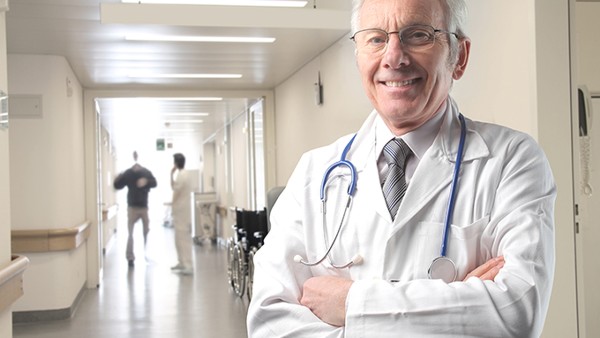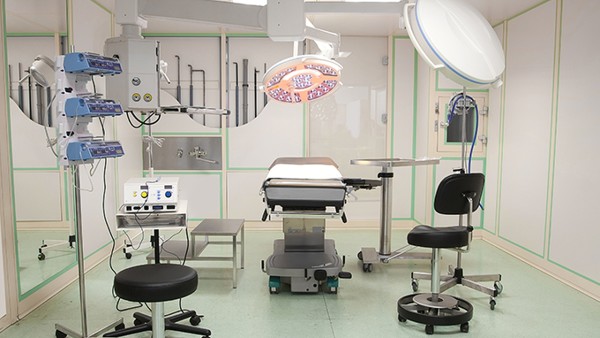What Causes Spontaneous Abortion in Early Pregnancy

Spontaneous abortion, also known as miscarriage, is the loss of a pregnancy before the 20th week. It is a common problem, affecting up to 20% of all pregnancies. Most miscarriages occur in the first trimester, before the 12th week of pregnancy.
There are many different causes of miscarriage, but most are unknown. Some of the known causes include:
Chromosomal abnormalities: These are errors in the chromosomes of the fetus that can lead to miscarriage. Chromosomal abnormalities can be caused by a number of factors, including genetic factors and environmental factors such as radiation and toxins.
Uterine abnormalities: These are structural abnormalities of the uterus that can make it difficult for a pregnancy to implant or grow properly. Uterine abnormalities can be congenital (present at birth) or acquired (developed later in life).
Cervical incompetence: This is a condition in which the cervix opens too early during pregnancy, leading to miscarriage. Cervical incompetence can be caused by a number of factors, including trauma to the cervix, previous miscarriages, and certain medical conditions.
Hormonal imbalances: These are imbalances in the hormones that are necessary for pregnancy to progress properly. Hormonal imbalances can be caused by a number of factors, including thyroid disorders, diabetes, and polycystic ovary syndrome.
Infections: Certain infections can lead to miscarriage, including bacterial infections, viral infections, and parasitic infections. Infections can be transmitted to the fetus through the placenta or through the birth c*** during delivery.
Immune disorders: These are disorders of the immune system that can lead to miscarriage. Immune disorders can cause the body to attack the pregnancy, leading to its loss.
Lifestyle factors: Certain lifestyle factors can increase the risk of miscarriage, including smoking, drinking alcohol, and using drugs. These factors can damage the fetus or interfere with the pregnancy's progress.
Advanced maternal age: Women over the age of 35 have a higher risk of miscarriage than younger women. This is because older women are more likely to have chromosomal abnormalities and other medical conditions that can lead to miscarriage.
Risk Factors for Spontaneous Abortion
There are a number of factors that can increase the risk of spontaneous abortion, including:
Previous miscarriages: Women who have had one or more miscarriages are at an increased risk of having another miscarriage.
Age: Women over the age of 35 have a higher risk of miscarriage than younger women.
Weight: Women who are overweight or obese have a higher risk of miscarriage than women who are at a healthy weight.
Smoking: Women who smoke cigarettes have a higher risk of miscarriage than women who do not smoke.
Drinking alcohol: Women who drink alcohol during pregnancy have a higher risk of miscarriage than women who do not drink alcohol.
Using drugs: Women who use drugs during pregnancy have a higher risk of miscarriage than women who do not use drugs.
Certain medical conditions: Women who have certain medical conditions, such as thyroid disorders, diabetes, and polycystic ovary syndrome, have a higher risk of miscarriage than women who do not have these conditions.
Symptoms of Spontaneous Abortion
The symptoms of spontaneous abortion can vary depending on the stage of pregnancy. In the early stages of pregnancy, miscarriage may cause vaginal bleeding, cramping, and pain. In the later stages of pregnancy, miscarriage may cause more severe symptoms, such as heavy bleeding, severe pain, and the passage of tissue from the vagina.
Diagnosis of Spontaneous Abortion
Spontaneous abortion is diagnosed based on a combination of symptoms and physical examination findings. Your doctor may perform a pelvic exam to check for cervical dilation and effacement, and may also order an ultrasound to confirm the miscarriage.
Treatment for Spontaneous Abortion
There is no treatment for spontaneous abortion. However, your doctor may recommend that you take pain medication to relieve cramping and bleeding. Your doctor may also recommend that you have a follow-up appointment to check for any complications.
Prevention of Spontaneous Abortion
There is no sure way to prevent spontaneous abortion, but there are a number of things that you can do to reduce your risk, including:
Get regular prenatal care: Prenatal care can help to identify and manage any risk factors for miscarriage.
Follow a healthy lifestyle: Eating a healthy diet, getting regular exercise, and avoiding smoking, drinking alcohol, and using drugs can all help to reduce your risk of miscarriage.
Manage your weight: Being overweight or obese can increase your risk of miscarriage. If you are overweight or obese, talk to your doctor about ways to lose weight safely.
Control your medical conditions: If you have any medical conditions, such as thyroid disorders, diabetes, or polycystic ovary syndrome, talk to your doctor about ways to manage these conditions and reduce your risk of miscarriage.
The above is all the content that the editor wants to share with you. I sincerely hope that these contents can bring some help to your life and health, and I also wish that your life will be happier and happier.
Topic: #spontaneous #causes #what








